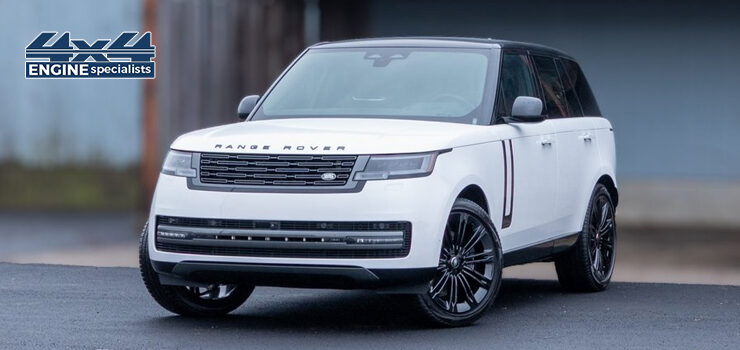Introduction:
The Range Rover has long been synonymous with luxury, performance, and off-road prowess. Among its many defining features, the engine stands out as the heart of its power and capability. In recent years, the Range Rover has introduced a 2.0-liter engine option, promising a blend of efficiency and performance that aligns with modern demands. Let’s delve into the intricacies of this powerhouse and uncover what makes it tick.
Evolution of the Range Rover Engine
Over the decades, Range Rover has continually refined its engines to meet the evolving needs of drivers. From the robust V8s to the introduction of turbocharged options, each iteration has brought advancements in power, efficiency, and environmental consciousness.
The Birth of the 2.0-liter Engine
With a growing emphasis on fuel efficiency and emissions reduction, Range Rover ventured into the realm of smaller, turbocharged engines. The Range Rover engine emerged as a solution that promised to deliver adequate power while also improving fuel economy and reducing carbon footprint.
Power and Performance
Despite its smaller displacement, the 2.0-liter engine packs a punch. With turbocharging technology, it generates impressive horsepower and torque figures, ensuring ample acceleration and responsiveness whether cruising on the highway or tackling rough terrain.
Efficiency Redefined
One of the key selling points of the 4×4 engine is its fuel efficiency. By downsizing and incorporating turbocharging, Range Rover has optimized the engine’s combustion process, resulting in reduced fuel consumption without compromising performance.
Technological Innovations
The 2.0-liter engine isn’t just about size; it’s also about cutting-edge technology. From direct fuel injection to variable valve timing, Range Rover has employed a range of innovations to maximize efficiency, refine power delivery, and enhance overall driving experience.
Environmental Impact
In an era marked by increasing environmental awareness, the 2.0-liter engine represents Range Rover’s commitment to sustainability. By improving fuel efficiency and reducing emissions, it aligns with global efforts to combat climate change and preserve natural resources.
Adaptability Across Models
The versatility of the 2.0-liter engine extends beyond its performance characteristics. Range Rover offers this engine option across various models, allowing drivers to experience its benefits whether they prefer the compact luxury of the Evoque or the commanding presence of the Velar.
Future Prospects and Challenges
As automotive technology continues to evolve, the 2.0-liter engine faces both opportunities and challenges. Advancements in electrification and alternative fuels present new avenues for enhancing efficiency and reducing environmental impact, but also pose questions about the long-term viability of traditional combustion engines.
Conclusion:
The Range Rover 2.0-liter engine represents a harmonious blend of power, efficiency, and environmental consciousness. Through technological innovation and a commitment to excellence, Range Rover has crafted an engine that not only meets the demands of modern drivers but also charts a course towards a more sustainable future. As we look ahead, the evolution of the Range Rover engine promises to continue, driving us towards new horizons of performance and responsibility on the road.


